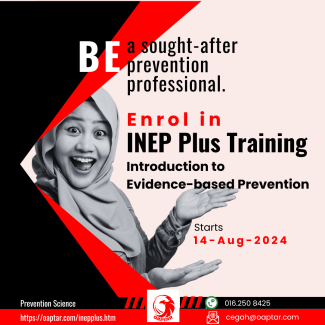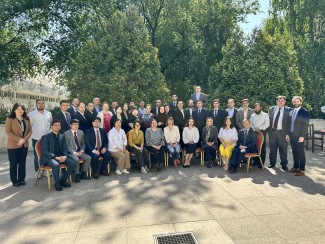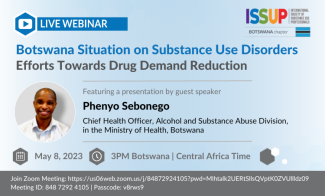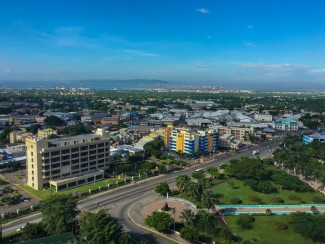Availability of science-based treatment improving, says 2021 World Drug Report
Around 275 million people used drugs worldwide in the last year, while over 36 million people suffered from drug use disorders, according to the 2021 World Drug Report, released today by the United Nations Office on Drugs and Crime (UNODC).




